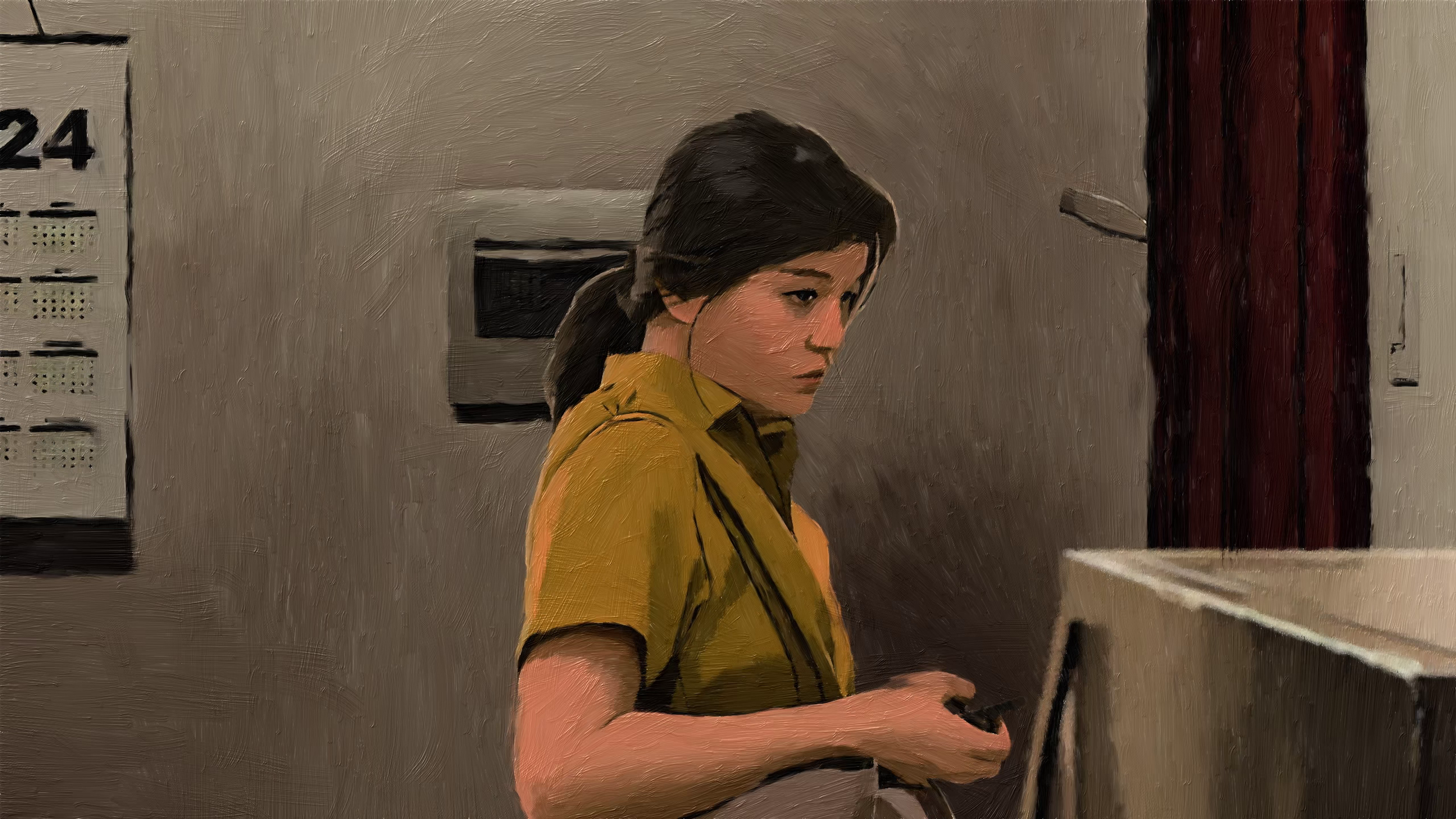‘Betrayal’: The kabit story told from a Filipino-British perspective
‘Betrayal’: The kabit story told from a Filipino-British perspective
How do you like your wine? I’d say it goes better with lies and deceit. As the alcohol flows down the rocks on the glass, you’ll wish you had never said a word in the first place. From England in 1978 comes Victor Lirio’s version of the critically acclaimed play on cheating and relationships, this time, told from a Filipino-British gaze. With a cast of London-based Filipino actors, Betrayal is a refreshing take on the usual ‘kabitan-serye’ popular in the country.
And no, there is no explosive slapping taking place here. It unfolds in reverse, from the present and on to the past, revealing first the consequences of infidelity and then its malicious and tight- lipped roots. The set design by Miguel Urbino is such a nice touch as we go from art galleries to bars in Italy, with Pacita Abad’s work as the tapestry that completes it.
Vanessa White plays Emma, the lovesick woman in the middle of it all. Married to Robert (played by James Bradwell), she goes on to have an affair with her husband’s best friend Jerry (played by James Cooney). Betrayal does not betray its audience by glorifying this godforsaken act of man that as broken families and hearts. Instead, it lets us question why people even begin to think of doing such a horrible thing, and why is it horrible in the first place.
You see a married couple (Emma and Robert) with children. Then it’s also mentioned that Jerry has a wife named Judith. Suddenly, frailty takes over. Yes, cheating is nothing but an act of weakness. You hide in the shadows and call it love when true love should not be concealed. Making love is reduced to screwing,” and you put on a mask for the world and your partner as you continue to live out your selfish fantasies.
But enough about the plot, as the director mentioned it stayed true to Harold Pinter’s material. I’ll shift the focus to what it brought to the table as a new production. In a way, it’s a reclaiming of narrative. Featuring second-generation Filipino immigrants, this staging of Betrayal is important not only for representation but also to emphasize how our culture and upbringing can make a huge difference in the retelling of a story.
There is a stack of layers added to Betrayal in framing it as Lirio did. But my favorite was the psychology behind Robert’s indifference toward the affair. Robert could not accept that his beloved wife could leave him for another man, his best friend even, just like that. Building up his confidence and social status as a minority in London, he cannot deal with the fact that his success would be overshadowed by his failure to save his marriage. And in that manner, Robert also betrayed himself and his dignity.





















